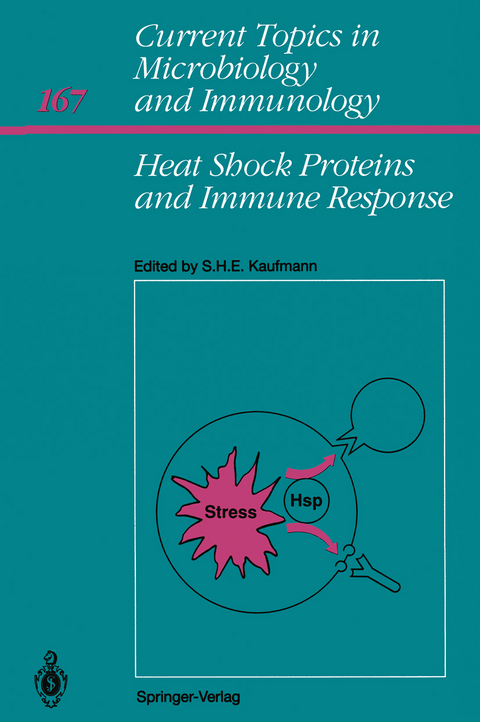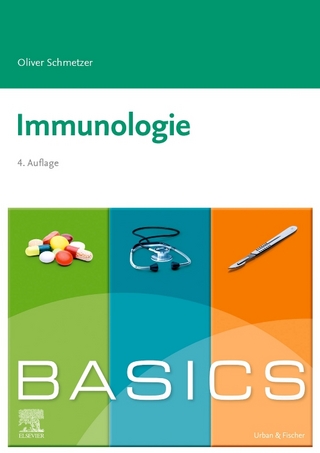
Heat Shock Proteins and Immune Response
Springer Berlin (Verlag)
978-3-642-75877-5 (ISBN)
List of Contents.- Basic Features of Heat Shock Proteins.- Heat Shock Proteins hsp60 and hsp70: Their Roles in Folding, Assembly, and Membrane Translocation of Proteins.- Response of Mammalian Cells to Metabolic Stress; Changes in Cell Physiology and Structure/Function of Stress Proteins.- Heat Shock Protein Genes and the Major Histocompatibility Complex.- Heat Shock Protein Functions Related to Immunity.- BiP-A Heat Shock Protein Involved in. Immunoglobulin Chain Assembly.- A Role for Heat Shock Proteins in Antigen Processing and Presentation.- Heat Shock Proteins and Inflammation.- Heat Shock Proteins as Antigens.- Stress-Induced Proteins in Immune Response to Cancer.- Heat Shock Proteins as Virulence Factors of Pathogens.- Heat Shock Proteins as Antigens of Bacterial and Parasitic Pathogens.- Stress Proteins, Autoimmunity, and Autoimmune Disease.- Gamma/Delta T Lymphocytes and Heat Shock Proteins.
| Erscheint lt. Verlag | 6.12.2011 |
|---|---|
| Reihe/Serie | Current Topics in Microbiology and Immunology |
| Zusatzinfo | IX, 214 p. 5 illus. |
| Verlagsort | Berlin |
| Sprache | englisch |
| Maße | 155 x 235 mm |
| Gewicht | 358 g |
| Themenwelt | Medizin / Pharmazie ► Medizinische Fachgebiete ► Dermatologie |
| Medizin / Pharmazie ► Medizinische Fachgebiete ► Mikrobiologie / Infektologie / Reisemedizin | |
| Studium ► Querschnittsbereiche ► Infektiologie / Immunologie | |
| Naturwissenschaften ► Biologie ► Zellbiologie | |
| Schlagworte | Autoimmunität • autoimmunity • cellular stress • Hitze-Schock-Proteine • Immunologie • immunology • Infection • Infektion • Stressproteine • Tumoren • Tumors |
| ISBN-10 | 3-642-75877-0 / 3642758770 |
| ISBN-13 | 978-3-642-75877-5 / 9783642758775 |
| Zustand | Neuware |
| Haben Sie eine Frage zum Produkt? |
aus dem Bereich


